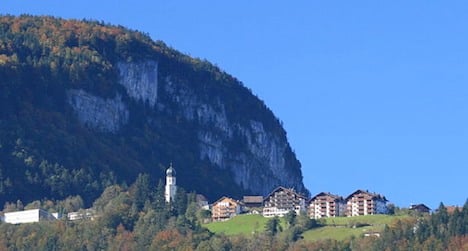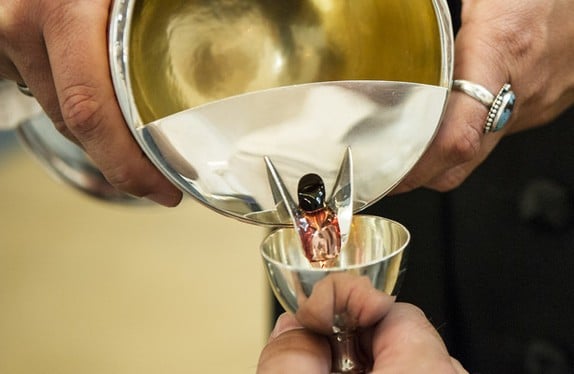The municipality of Seelisberg is seeking descendants of Karl Gilser, a cleric who left 1,000 Lucerne gulden (guilders, a currency that went out of circulation) to descendants of his brother and to orphans from the village.
The money has gone unclaimed for more than 170 years.
With accumulated interest, the sum now amounts to 70,300 francs, according to a report published on Sunday by the Zentralschweiz am Sonntag newspaper.
The legacy is noted in the records of the historic municipality, population 656, which is otherwise known as the home of the Rütli Meadow.
According to legend, the meadow is where representatives of Uri, Schwyz and Unterwalden swore an oath to create the first Swiss Confederacy.
“As we cannot use this money, we are looking for the heirs,” Seelisberg Mayor Karl Huser is quoted as saying by Zentralsschweiz am Sonntag.
The money is currently deposited in an account at the Uri cantonal bank.
It was changed into francs from gulden.
Heirs have until the end of the year to make themselves known to the municipality.
If no one claims the money, it will go to a fund to help poor people in Seelisberg.
Gilser was born in Seelisberg on February 10th in 1776.
He was a canon at Saint Leodegar, a landmark Catholic church in Lucerne, for several decades.



 Please whitelist us to continue reading.
Please whitelist us to continue reading.
Member comments